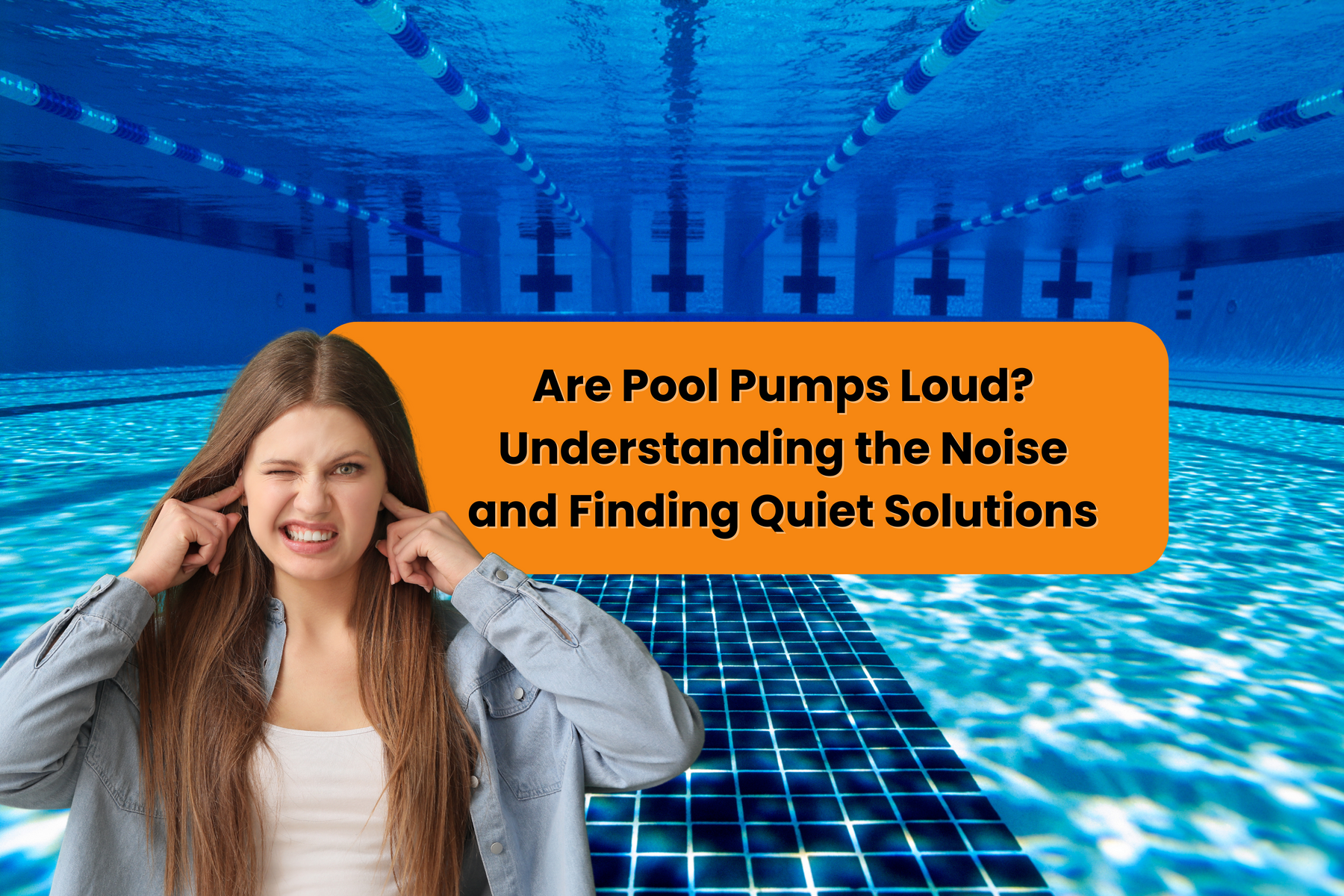
Are Pool Pumps Loud?
Why Your Swimming Pool Pump is Noisy
Pool pumps can hum quietly or roar like a leaf blower, depending on the type, setup, and maintenance. Wondering if your backyard peace is doomed?
A noisy pool pump can take the fun out of your afternoon swim or backyard nap. But not all pumps are loud. Some are actually designed to run so quietly, you won’t even notice them.
So, what’s the deal? The difference often comes down to the type of pump you have, how it was installed, and how well it’s been maintained.
Common Causes of Pool Pump Noise
If your pump sounds like it’s about to blast off, it’s time to take a closer look. Several issues can cause a pool pump to get noisy.
-
Old or worn bearings: These parts can squeal, rattle, or buzz if they’re damaged or dry.
-
Bad installation: If your pump isn’t level or is sitting on a hollow base, it’ll vibrate and make more noise than it should.
-
Air in the system: Gurgling or rattling sounds might mean air is leaking into your pipes.
-
Clogs: A clogged impeller or basket can force your motor to work harder, which makes it louder.
-
Echoes from nearby walls: Hard surfaces around the pump can bounce sound and make the noise feel worse than it really is.
Solutions to Quiet Your Pool Pump: From Maintenance to "Quiet Pool Pumps"
Good news: you don’t always need a new pump to solve the problem. A few adjustments and regular upkeep can go a long way.
Maintenance and Simple Fixes
Start with the basics. Many pool owners forget how much a small fix can help.
-
Clean out the pump basket and skimmer regularly.
-
Check for loose bolts and tighten them up.
-
Lubricate any moving parts that allow it.
-
Make sure the base is flat and solid - rubber pads can help reduce vibration.
-
If your bearings are worn, replace them before they cause more damage.
Regular check-ups can not only quiet your pump, but also help it last longer.
Soundproofing Strategies for Pool Pumps
Still too loud? It might be time to reduce the noise with a few simple upgrades.
Try building or buying a soundproof enclosure. Just make sure it has proper airflow so your pump doesn’t overheat. Acoustic panels or fences can also help dampen the sound.
Another tip: add vibration pads underneath your pump. These small pads absorb the shaking and reduce noise, especially on hard surfaces. If possible, consider moving the pump farther from your house or entertainment space.
The Quieter Choice: Variable Speed Pool Pumps
If you’re ready for a new pump, variable speed models are your quietest bet. These pumps adjust how fast they run based on what your pool needs. So instead of running at full blast all day, they slow down when they can.
This makes them quieter and more efficient. For daily circulation, a slower speed means far less noise.
Take the Pentair IntelliFlo 3 VSF Pool Pump. It's designed with noise-reducing features that keep it running smooth and quiet. It’s powerful, energy-efficient, and built for low-noise operation.
Both are popular for homeowners who want peace and quiet without giving up performance.
How Noisy Are Pool Pumps Typically?
Let’s talk numbers. Most pool pumps fall between 40 and 80 decibels. That’s a wide range, so here’s what it sounds like:
-
40-50 dB: About the volume of light rain or a quiet conversation
-
60-70 dB: More like a washing machine or vacuum
-
80+ dB: That’s loud enough to be distracting or annoying outdoors
Final Splash
Your pool pump doesn’t have to sound like a power tool. Whether you're cleaning it up, soundproofing it, or switching to a quieter model, there are real ways to bring the noise down.
Quiet backyard? Totally possible. And with the right setup, your pump can do its job without making a fuss.
Related reading:




Leave a comment